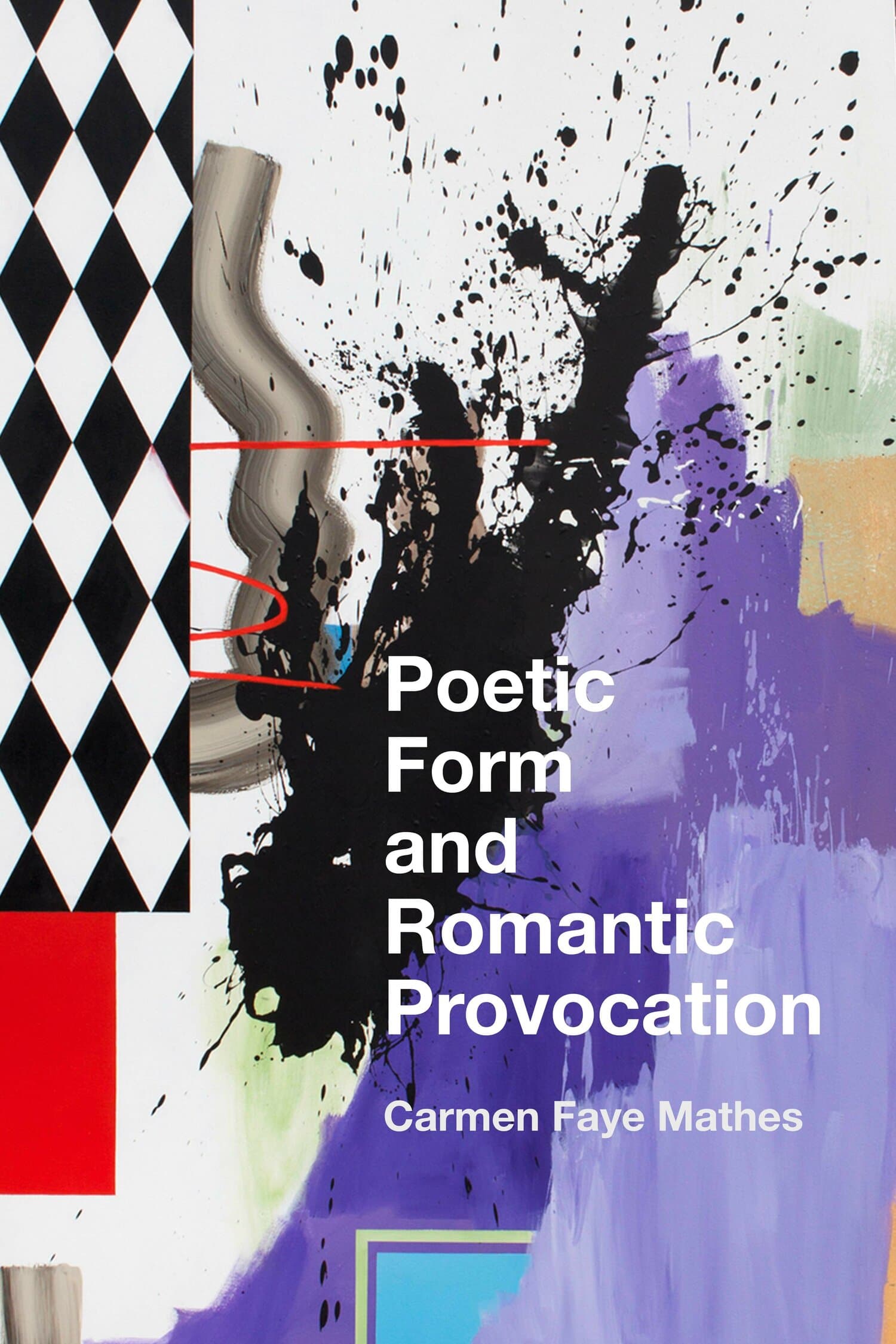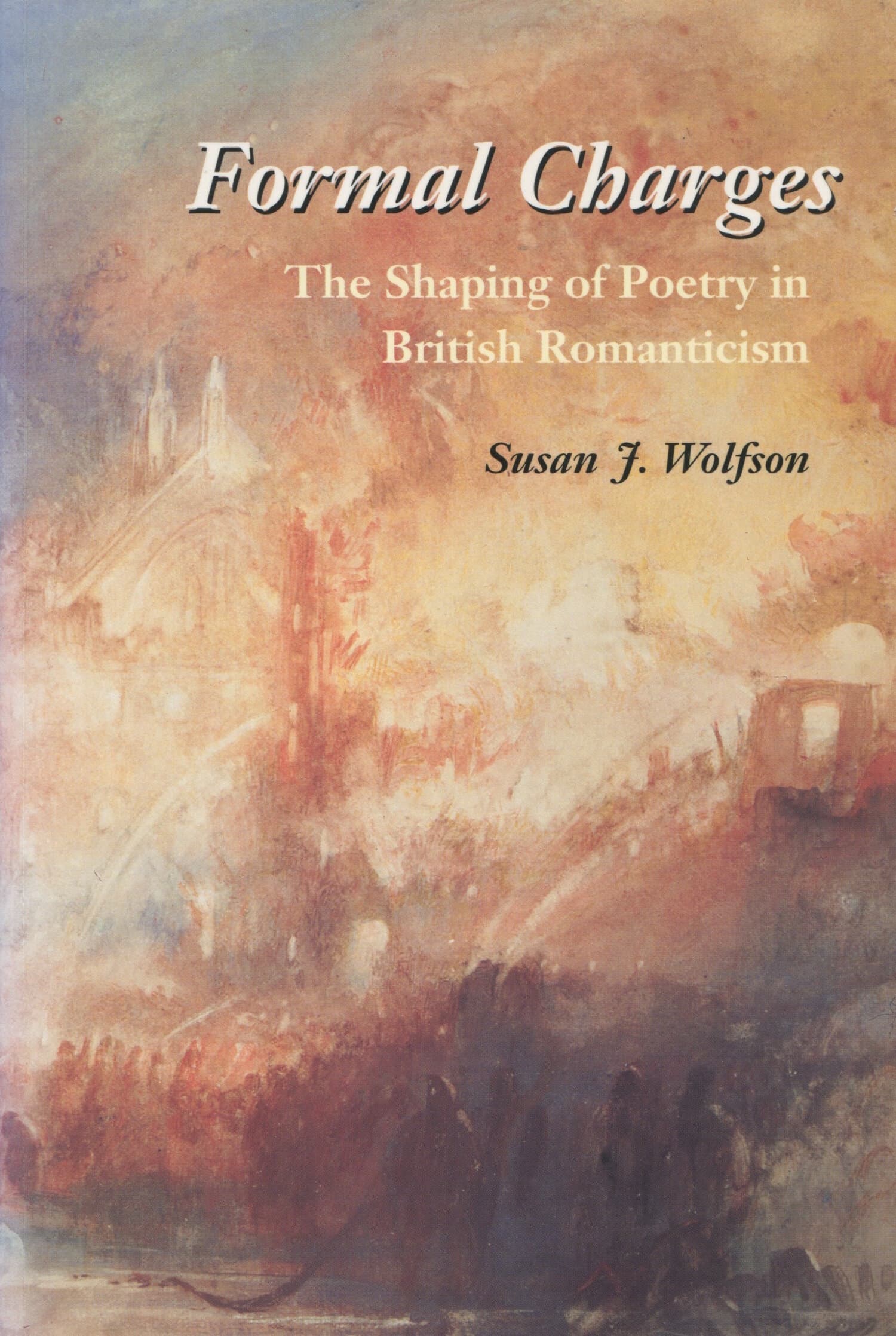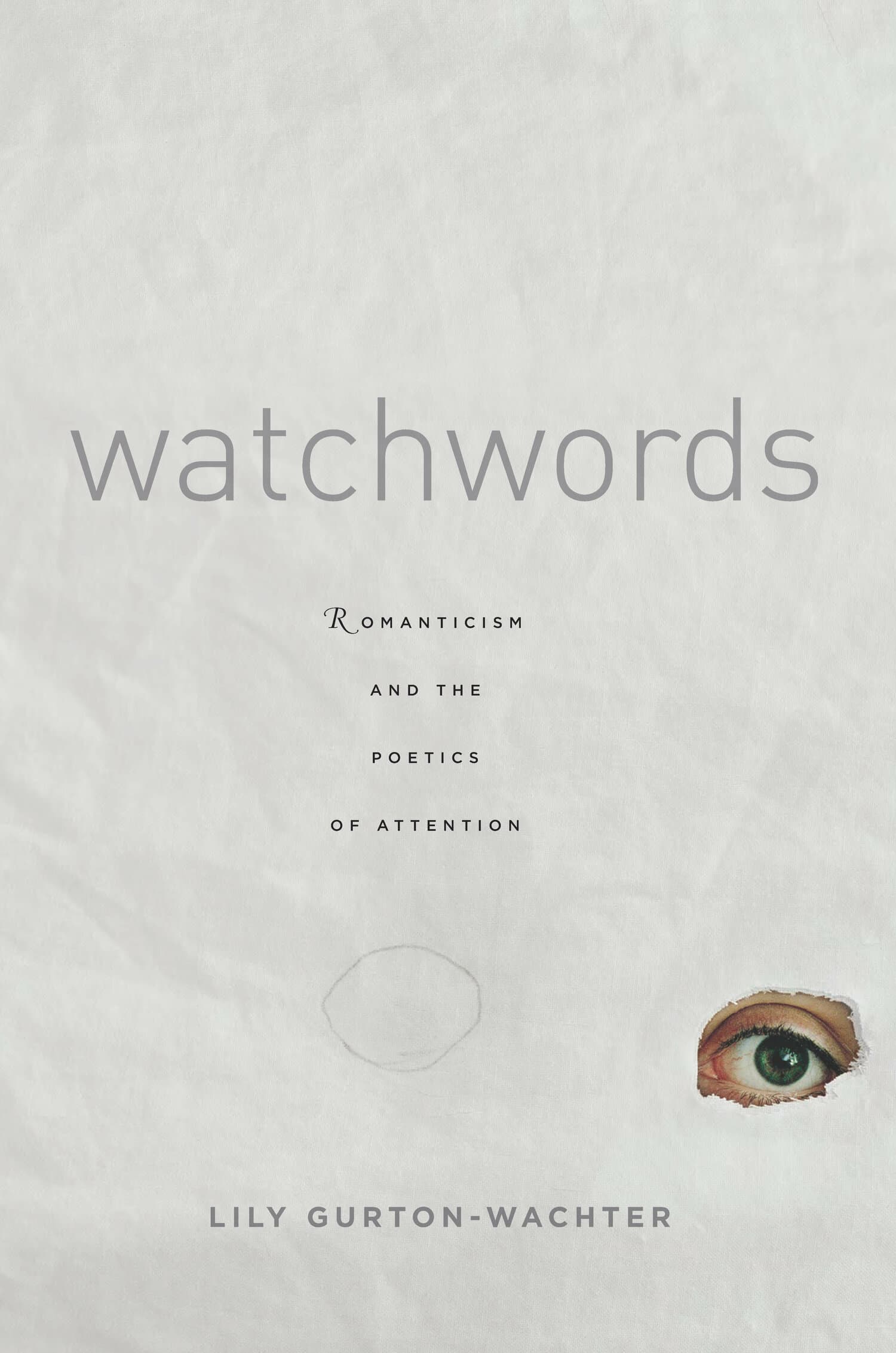Poetic Form and Romantic Provocation

Critics have long understood the development of Romantic aesthetics as a turning point in the history of literary theory, a turn that is responsible for theories of mind and body that continue to inform our understandings of subjectivity and embodiment today. Yet the question of what aesthetic experience can "do" grates against the fact that much Romantic writing represents subjects as not actually in charge of the feelings they feel, the dreams they dream, or the actions they take.
In response to this dilemma, Poetic Form and Romantic Provocation argues that being moved contrary to one's will is itself an aesthetic phenomenon explored by Romantic poets whose experiments with poetic form and genre provoke unanticipated feelings through verse. By analyzing how Romantic poets intervene, affectively and aesthetically, in readerly expectations of form and genre, Mathes shows how provocations disrupt and invite, disturb and compel—interrupting or suspending or retreating in ways that ask readers to orient themselves, materially and socially, in relation to literary experiences that are at once virtual and embodied. Examining the formal tactics of Charlotte Smith, William Wordsworth, Samuel Taylor Coleridge, John Keats, and Percy Bysshe Shelley, alongside their reactions to historical events such as Toussaint Louverture's revolt and the Peterloo Massacre, Mathes reveals that an aesthetics of radical openness is central to the development of literary theory and criticism in Romantic Britain.
"With stunning formal readings of the poetics of anticipation and disappointment, and a transformative account of Romanticism's Spinozist undercurrents, Mathes's elegant book offers a new and exciting framework for thinking about the intertwining of poetry and affect."—Lily Gurton-Wachter, Smith College
"In contributing to dynamic inquiries at the core of contemporary Romantic literary studies, Poetic Form and Romantic Provocation is a significant achievement. The book introduces new approaches to Romantic literature and opens opportunities for further scholarship."—Stephen Dedeschi, Review 19
"Mathes's keenly immersive, glittering formalist readings do not eschew politics, nor poetry's instrumental potential. Her study deliberately draws upon the musical language underlying critics' approach to poetry's material presence in order to unsettle the sociopolitical resonances that have accrued around notions of harmony and discord—here, crucial to conveying the tentative shape and space of our shared world."—Samantha Botz, European Romantic Review
"Overall, Mathes's close readings of the provocations of poetic form are especially illuminating: Charlotte Smith's sharp voltas and extended meters, Wordsworth's prosy lyrics and transgressed boundaries, and Keats's four missing beats. When these lyric provocations expand to interrogate social cohesion or Spinozist ethics, the results are themselves provocative. At its best, the book corrals a wide range of concepts and methods—Romantic psychologies of reading, affect theory, and careful attention to form."—Jeanne Britton, The Coleridge Bulletin




